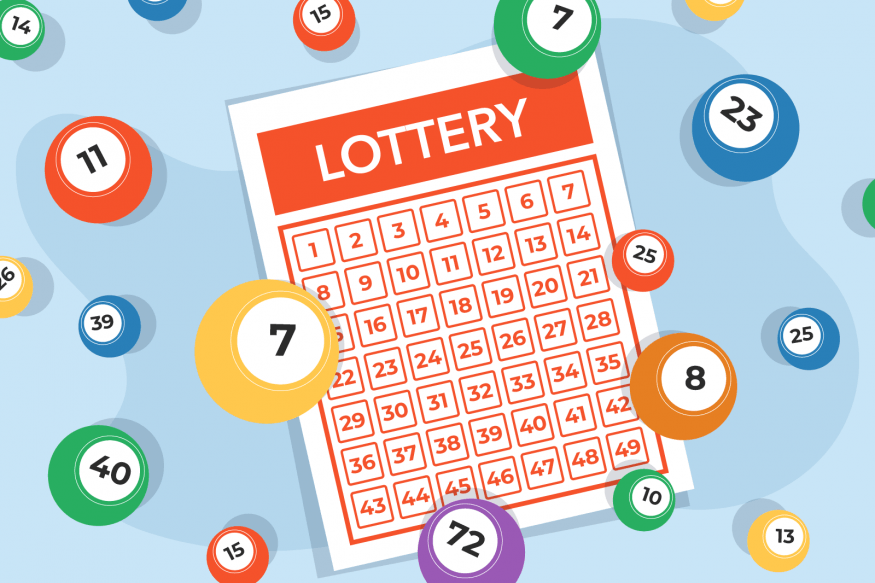Lottery or Investment? 10 Reasons to Choose Wisely

In the realm of financial choices, few decisions carry as much weight as deciding between purchasing a lottery ticket and making a smart investment. Both options have their allure, but the implications for your financial future are vastly different. This article explores the critical factors you should consider when deciding between these two paths.
1. Guaranteed Returns vs. Jackpot Results
When accumulating wealth, the most reliable routes often involve guaranteed returns, typically seen in various investment options. Investments such as bonds, fixed deposits, and dividend-paying stocks provide some certainty. You have the assurance that your money will grow over time through interest or dividends, making it a safer option for wealth accumulation. But if you’re looking for high-risk, high-reward opportunities, consider exploring Jackpot results and their potential windfalls.
2. The Odds Are In Your Favour
Investments have the advantage of favorable odds. Whether you are investing in stocks, real estate, or mutual funds, substantial information, research, and data are available to help make informed decisions. With proper research and market analysis, investors can make educated choices that align with their financial goals and risk tolerance, increasing the chances of seeing a return on their investment.
3. Long-term vs. Instant Gratification
Investment is a long-term game that requires patience, discipline, and regular contributions. The growth in investments is usually gradual and enhanced by the power of compound interest, which multiplies wealth over time. Investment encourages building wealth progressively, ensuring a stable financial future and security.
Conversely, lotteries revolve around the desire for instant gratification. The possibility of turning a small amount of money into millions overnight can be enticing, but there are more guaranteed and reliable methods to accumulate wealth. While the instant gratification of winning can be exhilarating, it is a highly unlikely event, and most players end up with nothing.
4. Control Over Decisions
Investing involves making numerous decisions based on risk tolerance, investment goals, and market conditions. The control over these decisions allows investors to adjust their strategies based on changing circumstances and market trends. Making informed and strategic choices provides a sense of control and autonomy, leading to improved financial outcomes.
In comparison, lottery players have no control over whether they will win. It is purely a game of chance, dependent solely on the random drawing of numbers. This lack of control can be unsettling and does not allow for strategic planning or informed decision-making, contrasting sharply with the control provided by investing.
5. Emotional Stability
Investing provides emotional stability and peace of mind, knowing money grows safely and steadily. The rational and calculated investment approach allows individuals to remain calm, even during market fluctuations, and maintain a long-term perspective.
6. Continuous Learning and Growth
The world of investment offers endless opportunities for learning and self-growth. It encourages individuals to understand financial markets, economic conditions, and various investment instruments, leading to better financial literacy and awareness. This constant learning allows individuals to make more informed decisions and be more attuned to the financial environment around them.
In contrast, participating in the lottery does not contribute to personal growth or financial literacy. It does not require understanding market trends or economic conditions, nor does it enhance one’s knowledge or understanding of financial matters, making it a less enriching experience than investing.
7. Diversification vs. One-Shot Chance
Investing offers the benefit of diversification. You can spread your investments across various assets, such as stocks, bonds, and real estate, reducing the overall risk. Diversification allows for more stable and reliable growth, providing a safety net against market volatility and unexpected downturns.
Conversely, buying a lottery ticket provides just a one-shot chance at winning. The money spent is lost if the numbers drawn do not match your ticket. The lack of diversification and reliance on a single chance make the lottery significantly riskier than diversified investments.
8. Consistency is Key
Consistent contributions and a disciplined approach are pivotal in investment growth. Regular deposits and the reinvestment of earnings can lead to exponential growth over time. This consistent approach enables individuals to build wealth progressively, ensuring long-term financial security and stability.
9. Passive Income Potential
Investments, especially those in dividend-paying stocks or real estate, have the potential to provide a steady stream of income. This passive income can serve as an additional source of earnings, enhancing financial security and allowing for more flexibility and freedom.
In contrast, the lottery usually offers a one-time payout even if it is won. The absence of continuous payouts means that once the winnings begin depleting, there is no further income from that source, making investments a more sustainable and reliable option for generating income in the long run.
10. Community and Networking
Investing can introduce individuals to communities and networks of like-minded people. This interaction supports knowledge sharing and opens doors to new opportunities and insights. Being part of an investment community can enhance learning and lead to better decision-making.
Conclusion
Knowing what you seek is crucial when choosing between lottery and investment. While the allure of jackpot results can be tempting, investment offers a more stable, controlled, and potentially lucrative path. It is a journey of knowledge, growth, and financial discipline that promises long-term benefits over the fleeting chance of instant wealth.




